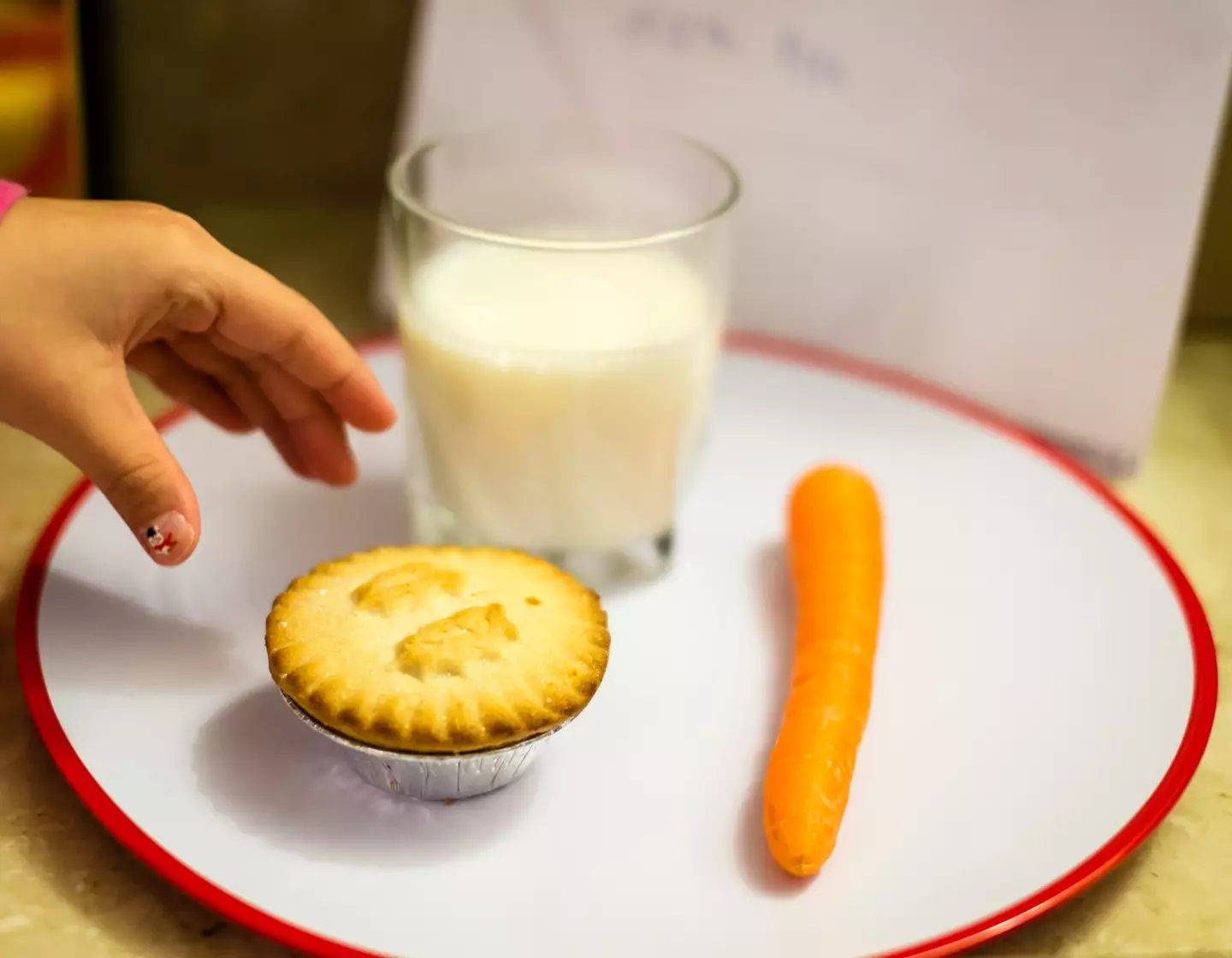
Christmas season is upon us, and we're officially counting down to the big day.
For those among us with children, chances are they still believe that Santa Claus - also known as Father Christmas - is real.
We all know how it goes. We leave out a mince pie and a glass of milk for Santa, and some carrots for his trusty reindeer, of course.
Then in the morning, the children merrily exclaim 'Santa's been!' after seeing that the mince pie and carrots have disappeared, and there's an abundance of gifts to unwrap.
Advert
While it's long been thought of as a way to keep childlike wonder alive by allowing the sprogs to believe in a mythical man who is incredibly generous, some people reckon it's better to own up and admit he doesn't exist.

Yep, that's right. No Santa, no Rudolph, no little hardworking elves. Just the cold, hard truth.
The main reasoning behind this thought process is that it's better to just never lie to your children at all.
Guess that means there's no tooth fairy, either.
Joseph Millum wrote for The Conversation: "Lying undermines autonomy. Of course, young children don’t have the capacity to make important decisions for themselves, but still, telling children lies to make them behave is manipulative. It stops them from deciding for the right reasons. This includes telling a child that they won’t get Christmas presents unless they are good."
Sounds pretty intense, but if you really think about it, it does make sense.
Controlling children by telling lies
Millum points out that Gail Heyman calls the practice 'parenting by lying,' and that it's extremely common.
Further, a study of Heyman's found that four out of five parents owned up to telling lies to their children in order to influence the behaviour or emotions of them.

Lying breaks down trust
"Many philosophers think deception is wrong because it breaches trust," Millman says. "When someone believes our testimony, they trust us. We honour that trust by being honest and breach it when we deceive."
Ultimately, children trust their parents to keep them safe, and if they discover they're being lied to can lead to skepticism and trust issues.
Millman points out that protecting kids from horrible news is a duty of care, whereas 'the Santa lie' shouldn't be told, 'because it’s not protecting children from unpleasant truths. After all, we don’t think that families who don’t celebrate Christmas are breaching their children’s trust'.

Future negative effects of lying
“'Parenting by lying' is associated with lower relationship satisfaction between adult children and their parents, as well as other negative psychological and social effects on the children when they grow up," Millman says.
He points out that research shows that serious lies have effects. He explains: "The data consistently show that children fare better if they are told the truth."
The research on the 'Santa lie'
A 1994 study interviewed 52 children who no longer believed in Santa's existence.
The results showed that an average age of discovering his non-existence was seven years old.
Around half of the children felt sad, disappointed, or as though they had been tricked.
However, three out of five felt happy.
Another study, conducted 30 years later, looked at 48 children between six and 15.
The average age of finding out Father Christmas is a myth was eight. The results were similar - almost half the children studied experienced negative emotions, while a similar number remained happy.
Ultimately, it's up to you whether or not you want to burst the bubble.